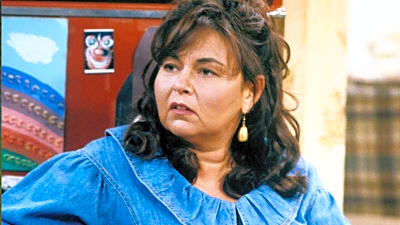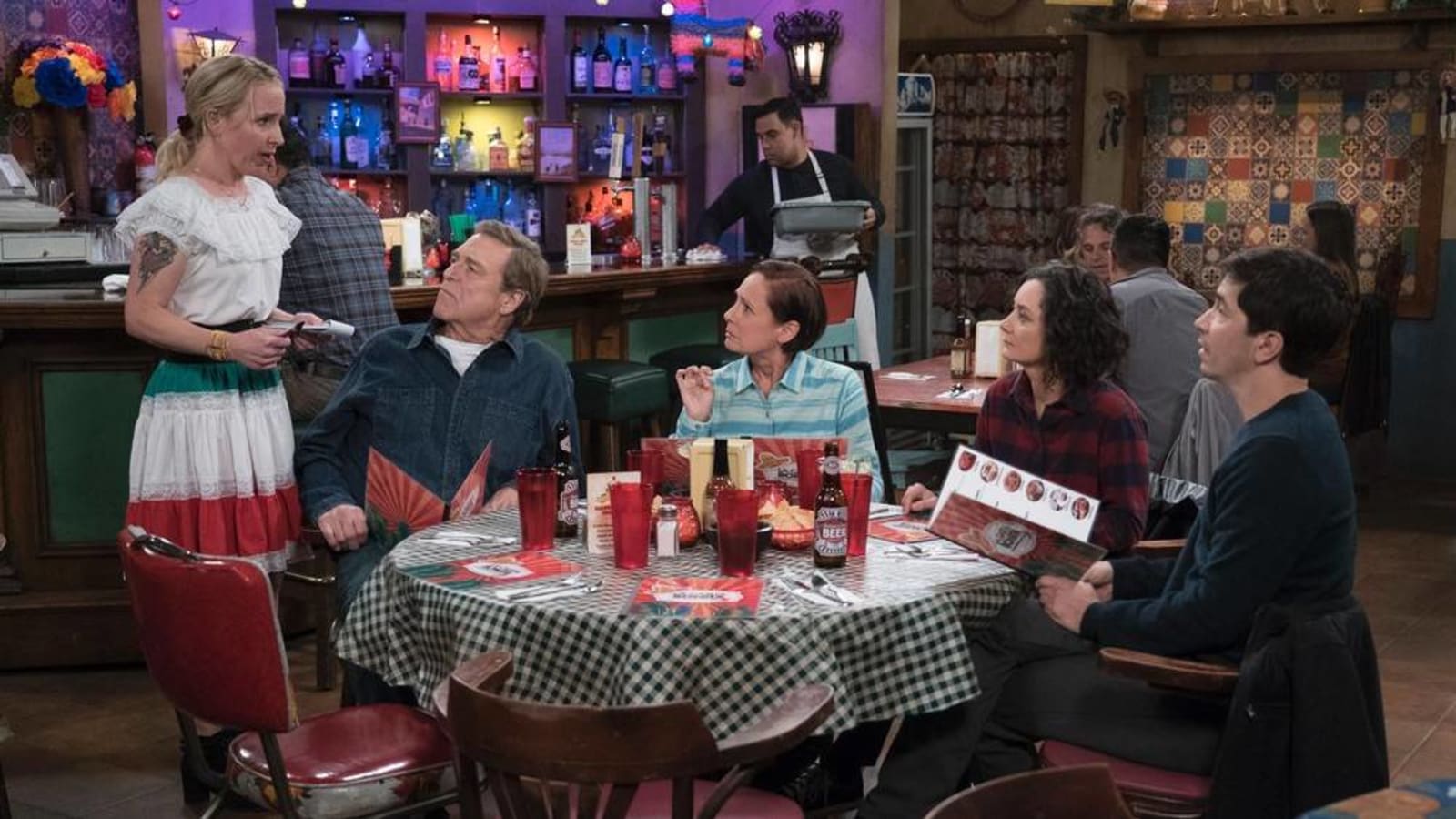
The trends that changed television in 2018
In a lot of ways, 2018 has been the longest year, but that’s a different topic. Regarding television, there have been some changes this year. Or at least, there’s been the potential for some changes, but you know how television execs always take a while to catch up to things. Sometimes it’s difficult to see exactly how things change while they’re happening, but the beauty of the end of the year is tracking the differences — which often look like bizarre choices — and trying to figure them out.
Netflix vs. Marvel
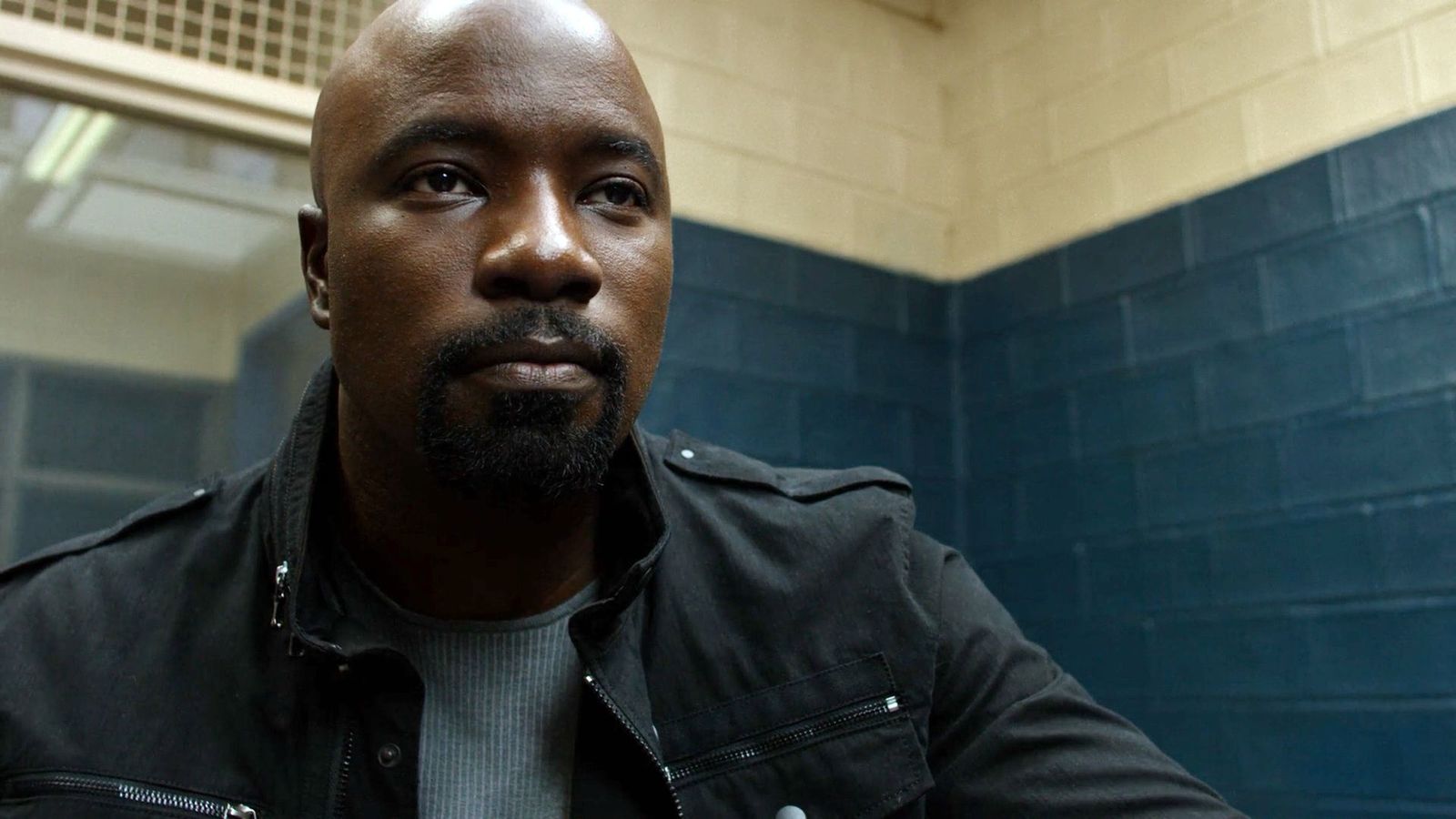
Well, Netflix canceling its Marvel original series was certainly a new look for the streaming platform. The axing of “Iron Fist,” wasa surprise (because of the Marvel of it all) at first, but it was ultimately something to shrug over (because of the everything about “Iron Fist” of it all). But then “Luke Cage” was canceled, despite its sophomore season — at the very least — getting rave reviews. A quick theory that Netflix was instead just going to bundle the two shows into a “Heroes For Hire” spinoff was immediately nipped in the bud — as the idea that any of these shows or heroes were going to see new life on Netflix — and then the seemingly untouchable “Daredevil” was also canceled just a few months after its third season had dropped. The only two Marvel original series left on Netflix are ”Jessica Jones” and “The Punisher,” and the consensus is that once these two drop their next seasons — they’re both already in production — Netflix will drop the hammer on them. Again, an optimistic theory has been that this is all actually the secret doing of Disney and its upcoming Marvel streaming platform, with the assumption that these dead series (or now technically D.O.A. ) will simply now be calling that their home. That notion is, unfortunately, also inaccurate because if that were the case, the shows’ writers wouldn’t have found out about it while they were in the writers room working on their presumed next seasons. Instead, it appears more that Netflix (which doesn’t even own the rights to these series) has drawn a line in the sand against Disney (which, well, does), making the series simply casualties of a war — because one thing that hasn’t changed this year is the MCU treating its stellar television properties like red-headed stepchildren whom it keeps locked in basement — that Netflix also claims doesn’t exist.
Netflix vs. The critically acclaimed
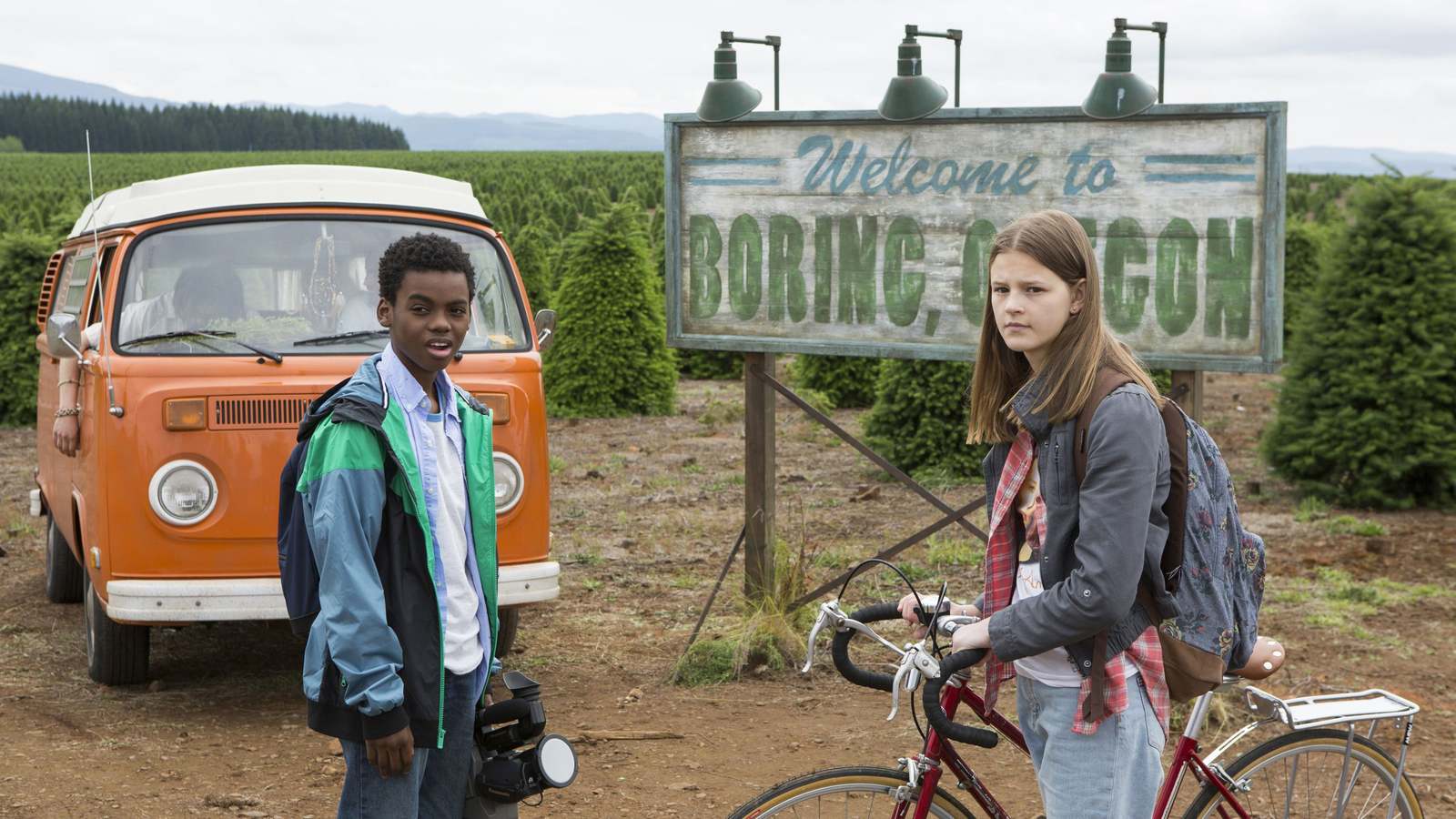
A streaming platform like Netflix, you would think, would crave the attention of major awards (Amazon, for example, certainly does.; even Hulu), especially since there’s an argument to be made that Netflix still has yet to create or produce one truly great, superlative drama series. It has plenty of great comedy series that get recognized and awarded, but those are series that have names like Tina Fey and Jenji Kohan attached to them. Then it goes and cancels an Emmy-nominated and Peabody Award-winning series like “American Vandal” after its second season, and while lack of viewership is technically a valid reason to ditch a show (if that is truly even the reason), there may be others:
- No one outside of Netflix knows the viewership numbers for any of its shows. So even another critically acclaimed series like “One Day At a Time” had a “Save Our Show” campaign before its second season even aired, just in case.
- Even network television knows you keep the series that get you this kind of award buzz. See: “Arrested Development,” now on Netflix — it lasted three seasons on Fox just by sheer force of Emmy will.
While not as widely acclaimed as “American Vandal,” the same goes for the ‘90s set “Everything Sucks!,” which took on coming of age and nostalgia in a way that was thankfully not as in-your-face in “Stranger Things.” So basically no one watched it, and it was swiftly canceled. Despite Netflix being somewhat built on the power of word of mouth — as it’s difficult to watch every new show — it appears Netflix no longer even cares to allow that to happen. And it’s not as though either of these two shows was expensive like “The Get Down” or “Sense8.”
FOX’s trash is other networks’ treasures (and vice versa)
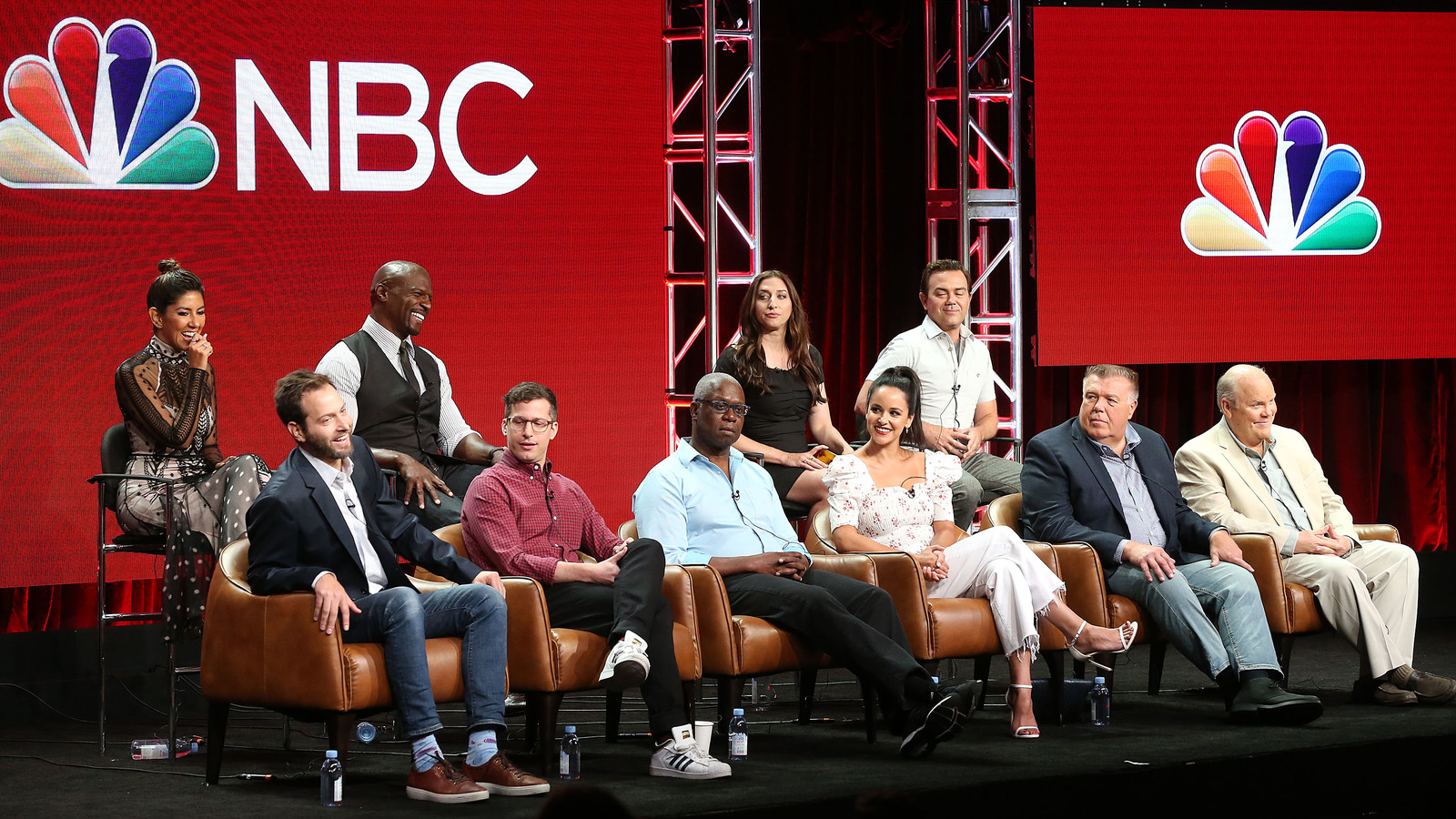
Two of TV’s biggest shocks of 2018 were FOX’s cancellation of both “Brooklyn Nine-Nine” and “Lucifer” But even more shocking was the quick renewal (and resurrection) of those shows (and resurrection) by NBC and Netflix, respectively. While the former revival made more sense given B99’s origin as an NBC series (and the series was produced by NBC Universal, never by FOX — so again, it’s a matter of who owns the rights to what), the latter felt more like a, well, miracle. In all the discussion of what Netflix’s deal is, “Lucifer” doesn’t quite seem like a show that falls exactly into its wheelhouse — until you factor in the global streaming aspect of it all. Meanwhile, FOX decided to return to broader series (eliminating its single-camera comedy slate completely in favor of a return to multi-camera), even going as far as resurrecting Tim Allen’s ABC sitcom “Last Man Standing” from the dead. The reasoning behind this plan? Well, the numbers on the “Roseanne” revival certainly did not lie, and before things went south on that, it was becoming evident that competing networks were brainstorming on how to get their own versions of that ratings gold. (They haven’t figured that one out yet though.)
YouTube Red to YouTube Premium to...YouTube Freemium?
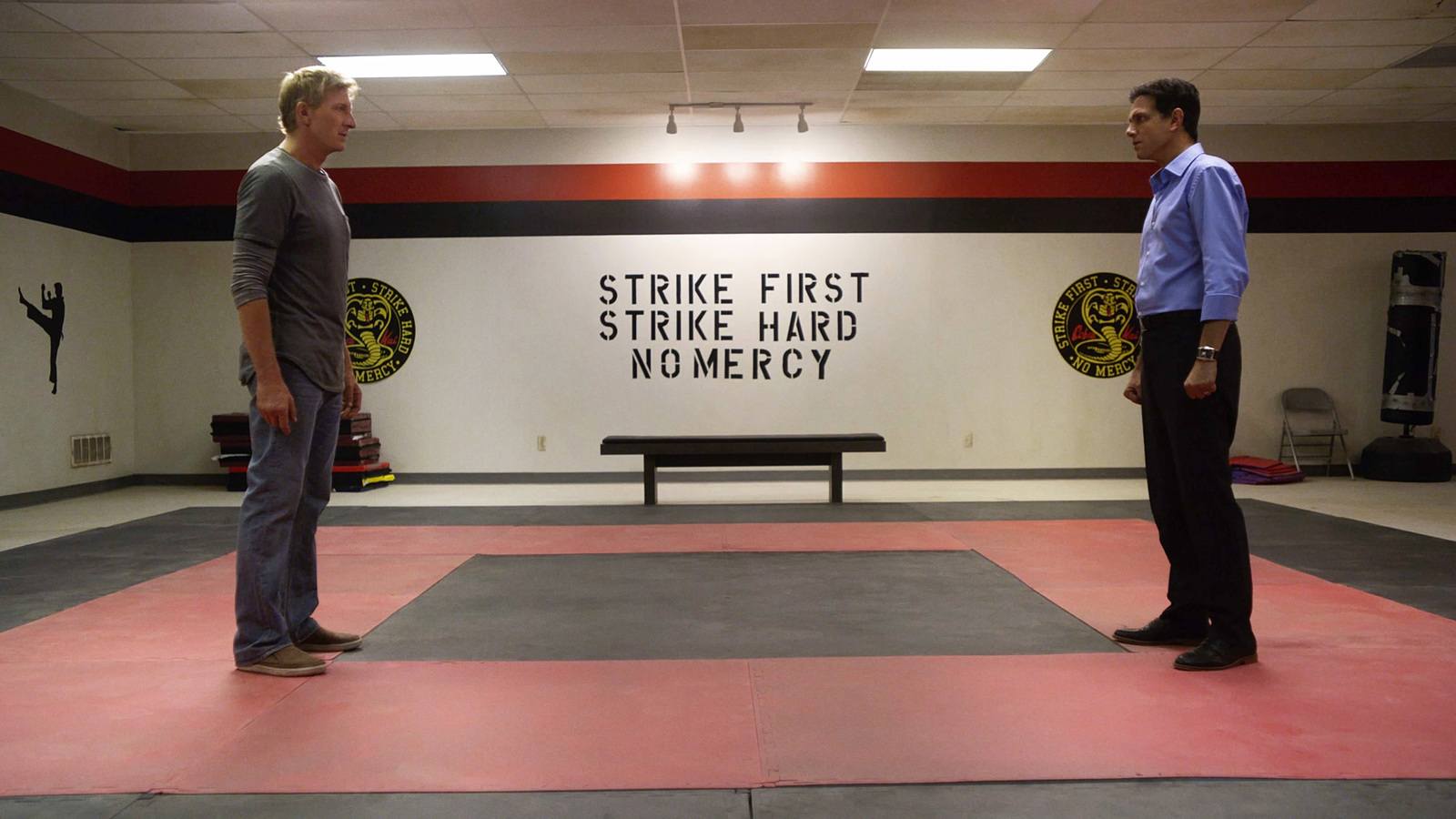
In May of this year, YouTube began rebranding its premium streaming service from the ill-advised name of YouTube Red (which at least gave us plenty of great “Ryan Hansen Solves Crimes on Television” jokes) to YouTube Premium. This coincided with the premiere of “Cobra Kai,” a “Karate Kid” spinoff series that, against all odds, was actually good. And not only was it critically acclaimed, but it also was also a viewership success for the fledgling premium streaming platform. Then in November, it was reported that YouTube Premium and its original series will finally be completely available for viewers to stream for free. (While “Cobra Kai’s” second season will be behind the paywall, the first season will soon be on the free site, and the plan is for all the changes to be fully in effect by 2020.) Now while this is good for getting more eyes on these original series, the actual story is that YouTube is scaling back on the number it's ordering and changing up its entire business model. One can only imagine right now what this will mean when it comes to the (financial, which of course bleeds into production) future of these already-established original series, which will also have to rely on ad support with this change-up.
The merciful hand of The CW
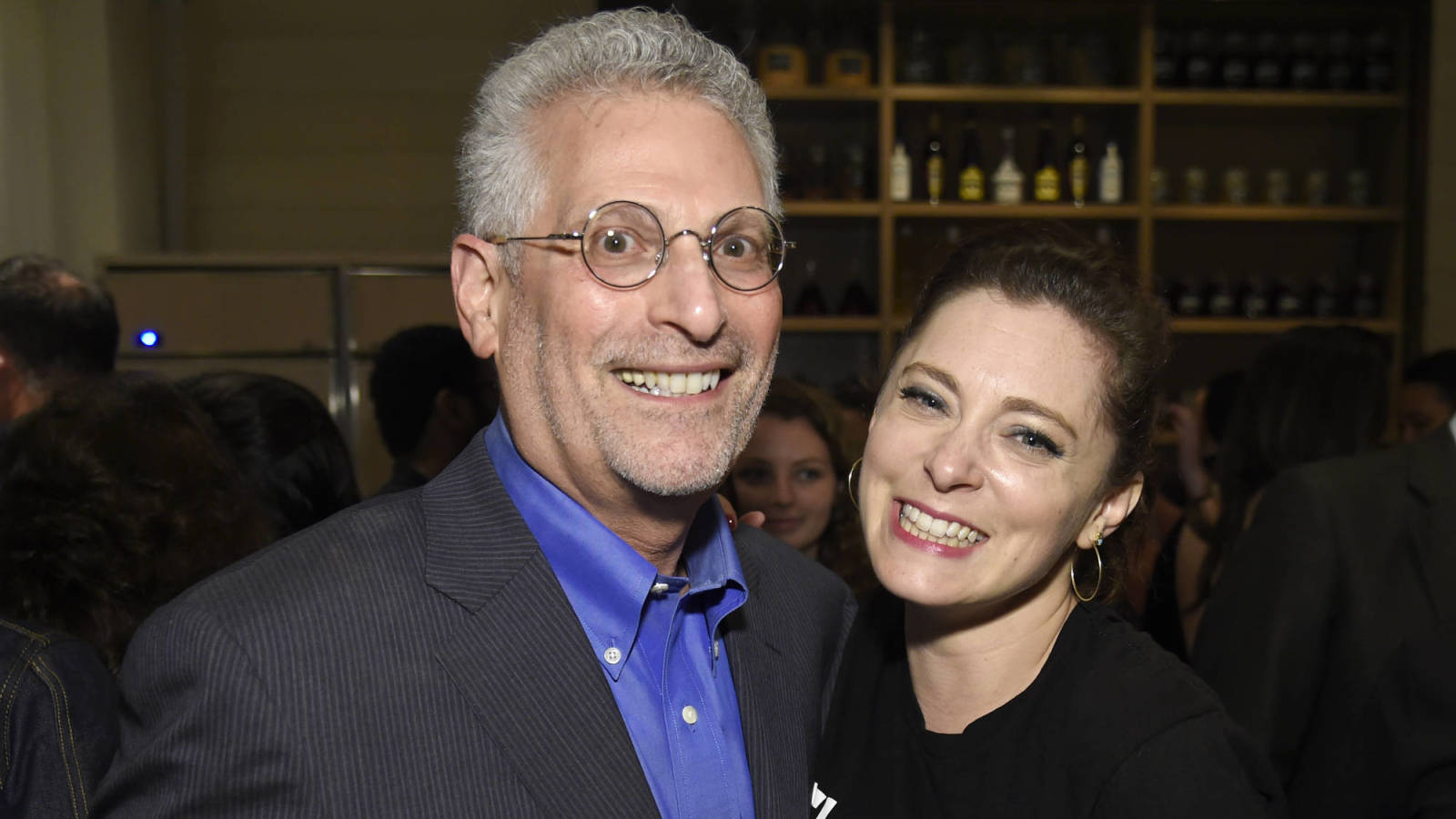
If you were one of the dozens of people in 2012 who watched The CW’s “The L.A. Complex” and ABC’s “GCB” until their untimely cancellations, you probably have fond memories of the shows. You probably also lost hope that you’d ever see the new episodes of these series ever again because as mentioned, only dozens of people watched them. But then in October, it was announced that The CW is developing an “L.A. Complex” reboot, with series creator Martin Gero back at the helm. The following month, news broke that The CW would be doing the same for “GCB,” again with executive producer Darren Star. It’s a fascinating approach because it acknowledges something fans and critics alike could see with both of these shows: The problem was the network situation. For The CW, “The L.A. Complex” was during the network’s struggle to provide summer programming (and “L.A. Complex” was essentially outsourced from Canada), an issue the network still has (see: last summer’s “Hooten & The Lady,” a British transplant that staked its chances of a second season on its success on The CW in the summer… and ended up losing as a result). Like pretty much any summer show on The CW, the show was a ratings flop, and even though it was critically acclaimed, that still wasn’t quite the norm for the network. “GCB,” on the other hand, was doomed from the very start on ABC, with all the controversy over the actual title, “Good Christian Bitches,” which at one point the network was going to call “Good Christian Belles”…before it settled on “GCB” (you might remember the “Don’t Trust the B— in Apt. 23” issue as well, also on ABC). While the series boasted a terrific cast, got 10 episodes and had ratings ABC would consider pretty damn good these days, the backlash from Christian groups was honestly enough to shut it down. And now CW president Mark Pedowitz is more than ready to keep the original title of the series, should it live again on his network.
Elsewhere, has the reboot/revival bubble popped?
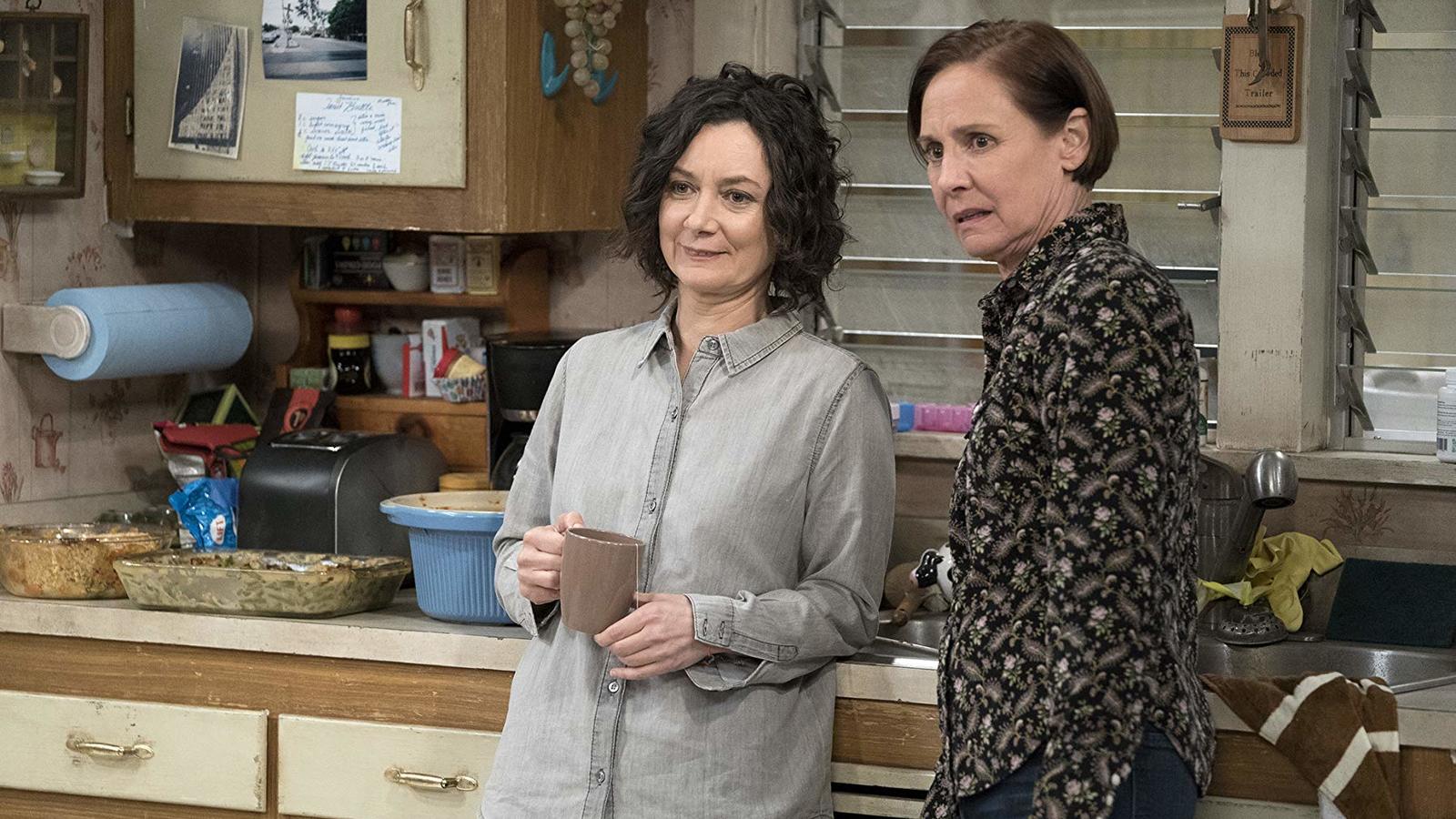
This one actually seems like it’ll keep on keeping on for quite some time, even though it feels like it should have ended when former NBC chairman Bob Greenblatt openly admitted he would pretty much love to revive every “Must See TV” show possible. (And once “Modern Family” ends on ABC, don’t be surprised if NBC rushes to Julie Bowen to get the ball rolling on the return of “Ed” — Tom Cavanagh should be easy to corral, assuming he can take a moment away from his various characters on “The Flash.”) But while The CW is rebooting cult favorites with the original executive producers behind them — as the consensus with both of those shows was that the problem was not necessarily from a creative standpoint — ABC is seriously working on a pilot that would be a sequel to “NYPD Blue.” While it’s wrong to dismiss every possible reboot/revival, it needs to be said: Who the hell asked for this? It also generally feels like the bubble just refuses to pop, through a stubbornness that can only be associated with money: Just look at the transition from “Roseanne” to “The Conners,” a literal “Valerie”/”Valerie’s Family”/”The Hogan Family” scenario in the year 2018.
The half-hour drama
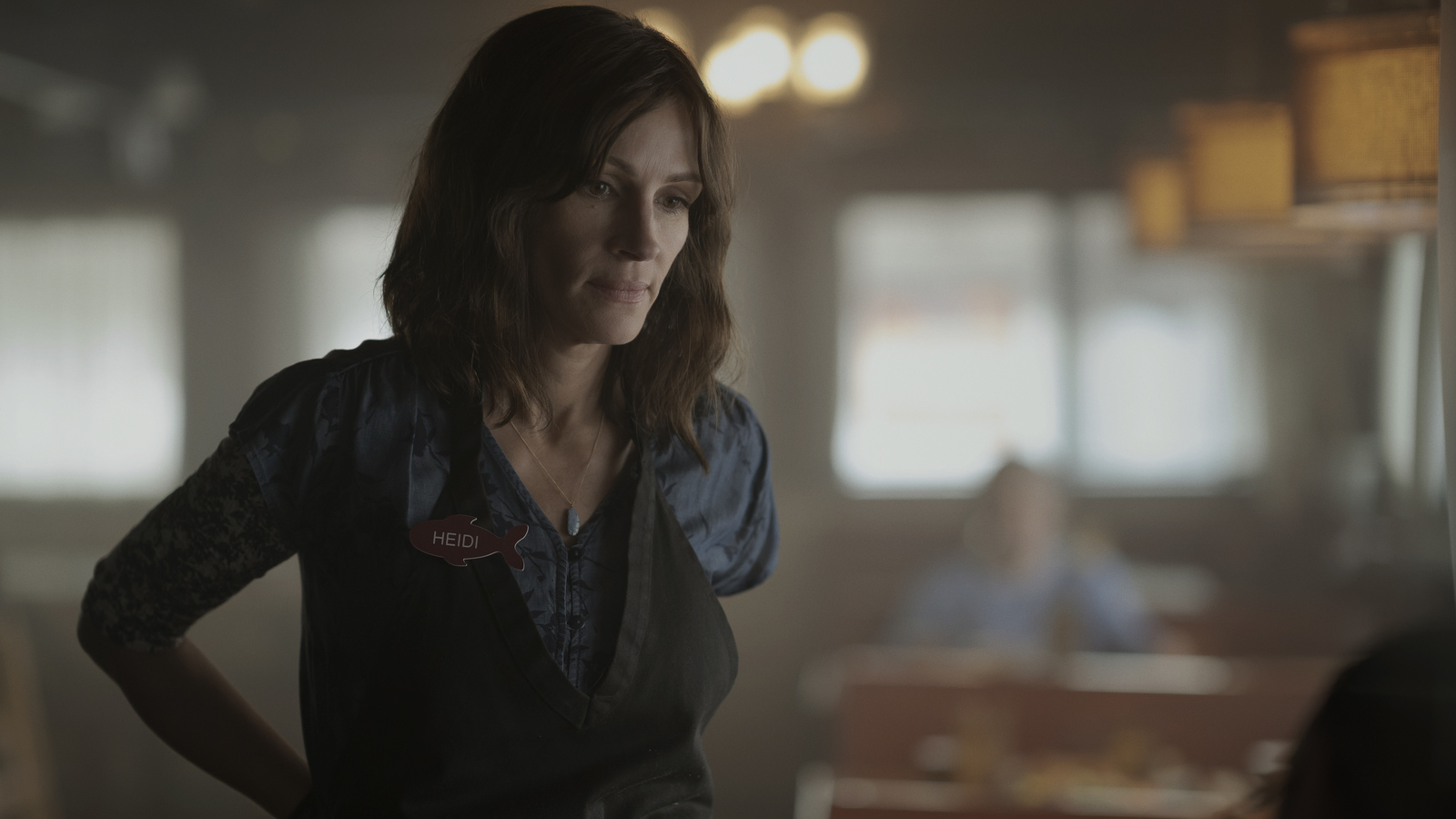
There was a time in the early 2010s when hour-long shows (I’ll just say it: “Sons of Anarchy”) decided that, somehow, an hour wasn’t enough, and they absolutely needed to be extended (possibly with limited commercial interruption). This year, however, critics have rejoiced over something beautiful in the form of the exact opposite of that: the half-hour drama. Shows like Amazon Prime Video’s “Homecoming,” Facebook Watch’s “Sorry For Your Loss,” Netflix’s “Maniac,” Starz’s “Vida” — none is going to be confused for half-hour “comedies” without jokes come awards season. (On the plus side, “the half-hour comedy that’s not even a comedy” is a trend that’s seemed to die down a bit as well, especially when a show like "Atlanta" manages to be subversive and introspective while also actually funny.)
“The Walking Dead” cinematic universe
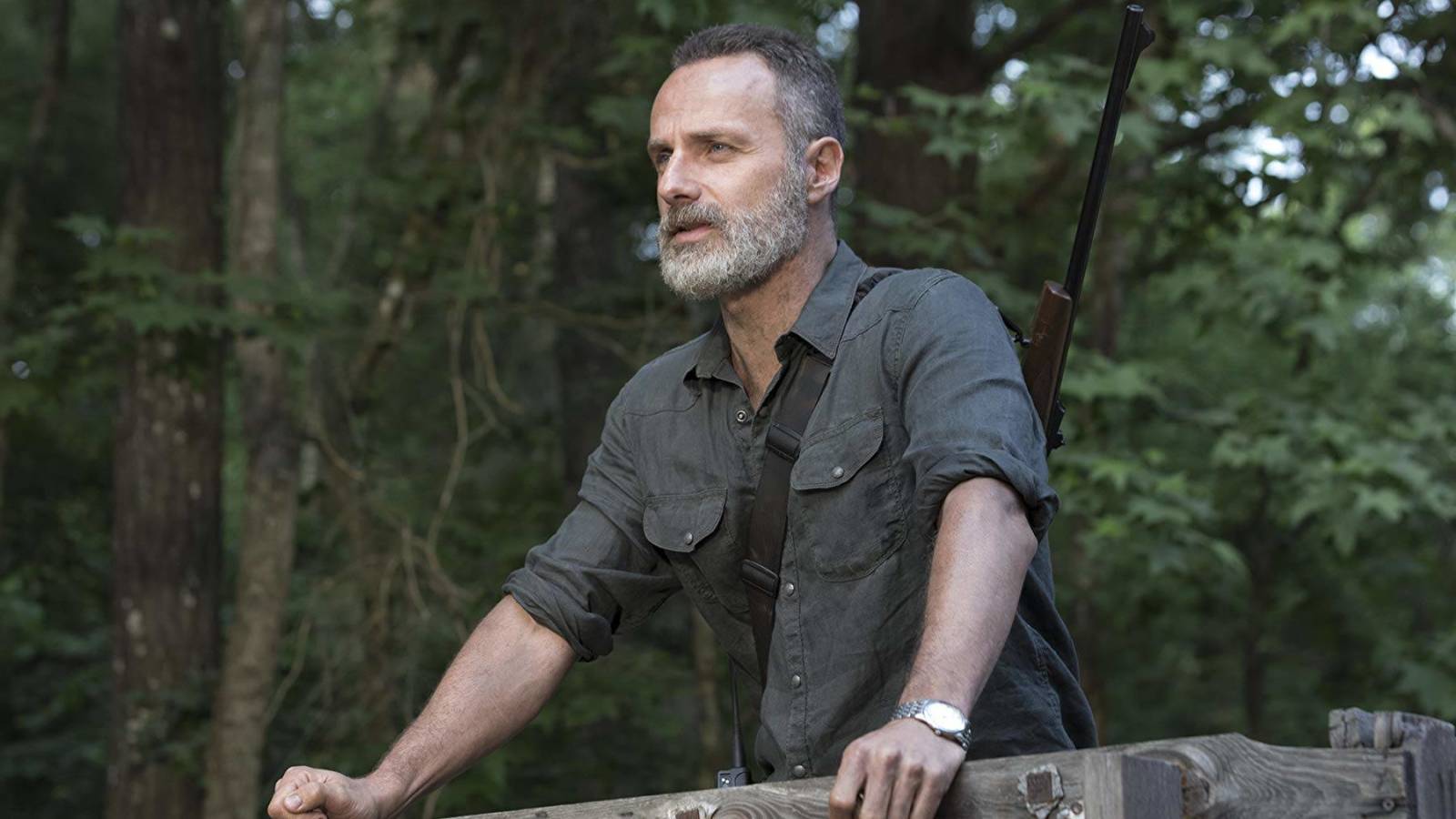
Well yes, there’s already a “Walking Dead” spinoff (“Fear The Walking Dead”), but the “cinematic universe” refers to the announced Rick Grimes spinoff TV as movies, which will reportedly have a feature film budget. The plan is for a trilogy, but honestly, this will probably go on forever.
In fact, “The Walking Dead” not knowing when to just let something stay dead is pretty much par for the series’ course — especially since the end of Grimes perhaps technically should have signaled the end of the series, even if it didn’t have the guts to actually kill him off. But AMC’s increased reliance on this franchise — to the point where the cancellation of the one-season series “Dietland” and the under-the-radar existence of “Lodge 49” makes one question if the network is even invested in anything outside of said franchise — feels like it might ultimately come back to really hurt the network that was once so hugely important to the Golden Age of TV.
More must-reads:
Customize Your Newsletter
 +
+
Get the latest news and rumors, customized to your favorite sports and teams. Emailed daily. Always free!

